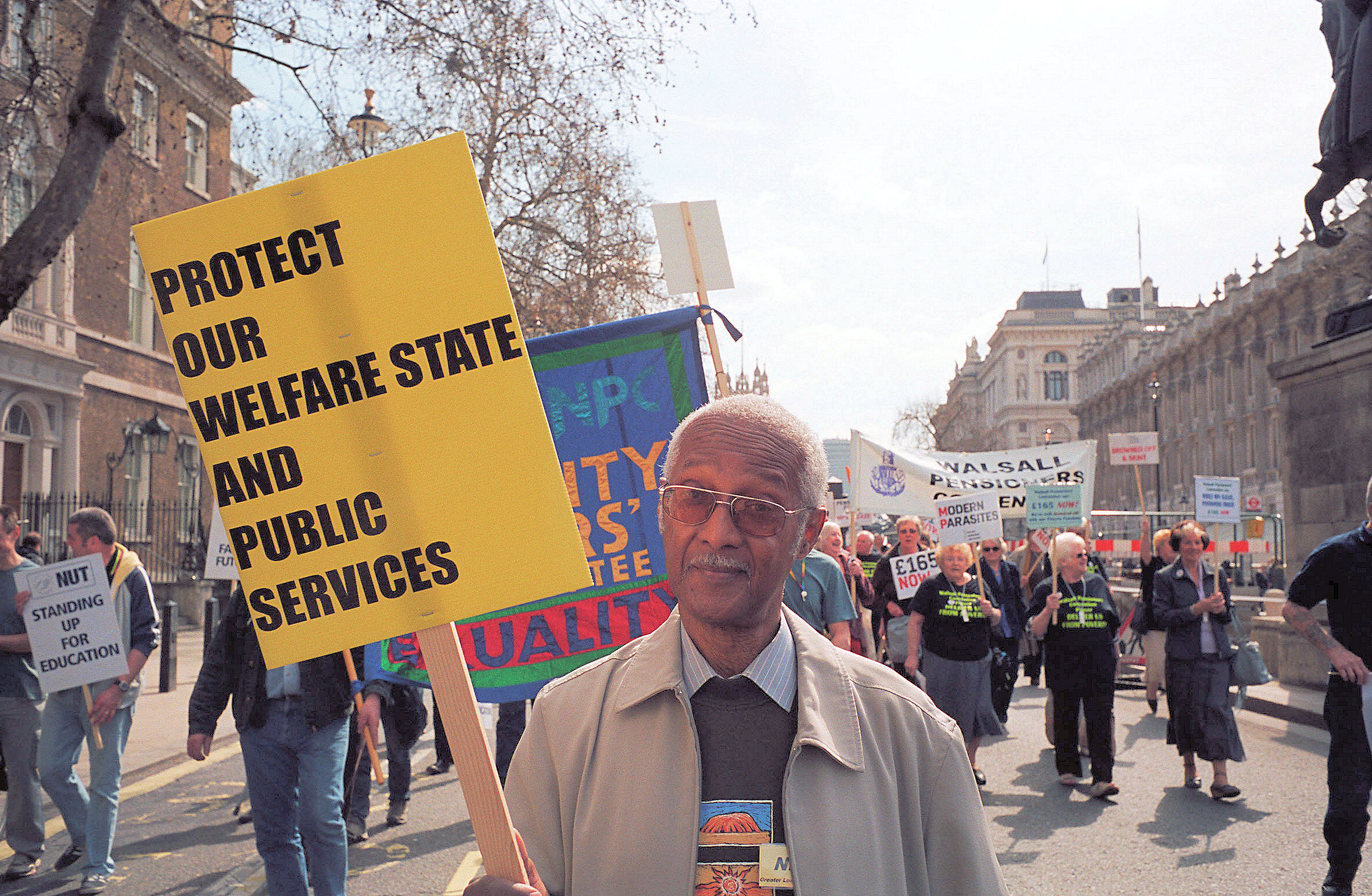JANE IS in her 40s. Arthritis, heart disease, constant pain and a host of other problems led to her early retirement. She lives on benefits – primarily Disability Living Allowance (DLA) for her care and mobility needs, and Incapacity Benefit. Now, the government’s proposals for changes in DLA, hidden away in their Welfare Reform Bill on universal credit, mean that all her benefits are at risk.
Tony Aitman
Immediately she will see a cut of 20% in her DLA. New proposals for people on Incapacity Benefit mean that, as her partner works, she can lose her benefits after a year.
The Citizens Advice Bureau (CAB) chief executive has called this restriction of benefit to a year “a betrayal”. Why pay national insurance for years if it means nothing when you need help and assistance?
Betrayal indeed. While benefits are being cut, those advisers who provide what is often the last line of defence for the poorest in society have seen their funding slashed, with CAB redundancies and closures across the country. Small wonder that over 30 CAB workers marched against cuts, along with community groups across the city, in Liverpool on 20 February.
While some will gain from the government proposals, for the majority – over 1.75 million households – disaster lies ahead. Most will see a reduction in their benefit of £25 a week; over 100,000 will lose more than £75 a week.
Most pernicious is the cap on welfare payments of £500 a week. The government’s own figures showed that 50,000 households are receiving more than this amount in benefits – £26,000 a year compared with average pay of £25,500 – although the Joseph Rowntree Foundation’s figures show that a couple with four children need £41,300 a year for an acceptable standard of living.
This cap will have a disastrous effect on families with more than two children. Inevitably, this will lead to family break-up and poverty.
Family break-up and being forced to move will come from the housing benefit proposals, too. Housing benefit is being capped, with 1.4 million households losing out. The Department for Work and Pensions estimates that the cap on housing benefit will see 50,000 households lose an average of £93 a week, leading inexorably to evictions and homelessness.
For the 680,000 who are set to lose an average of £13 a week in housing benefit because their homes are deemed to be ‘too large’, evictions and family break-up are the only prospects.
The idea that you can get people off benefit and into work by reducing their benefit is laughable at a time when there are closures, job cuts and redundancies everywhere – what jobs are there for them to go to?
The issue shouldn’t be about reducing benefit to force people into work, but raising wage levels so that people can have a decent standard of living.
This government, that represents the rich and big business, clearly sees its first priority as attacking the poor, rather than improving conditions at work at the expense of profit levels.
However, it remains the fact that this government is weak and riven with dissension. Recently it has been forced into humiliating climbdowns, including the reversal of its policy of ending the Financial Inclusion Fund (which pays for specialist debt advisers).
Massive campaigning over the past weeks has helped deliver these defeats.
If this campaigning is built on, not only can a reversal of policy be won, but, as with the mass anti-poll tax campaign which defeated the tax and led to Thatcher’s departure, we can force this government out.









